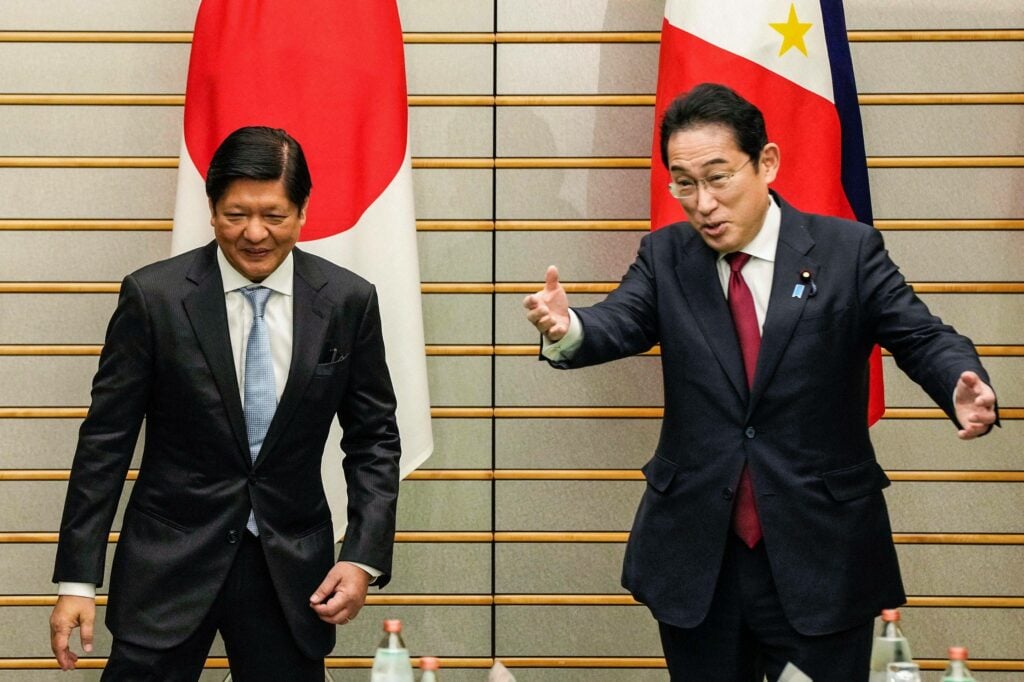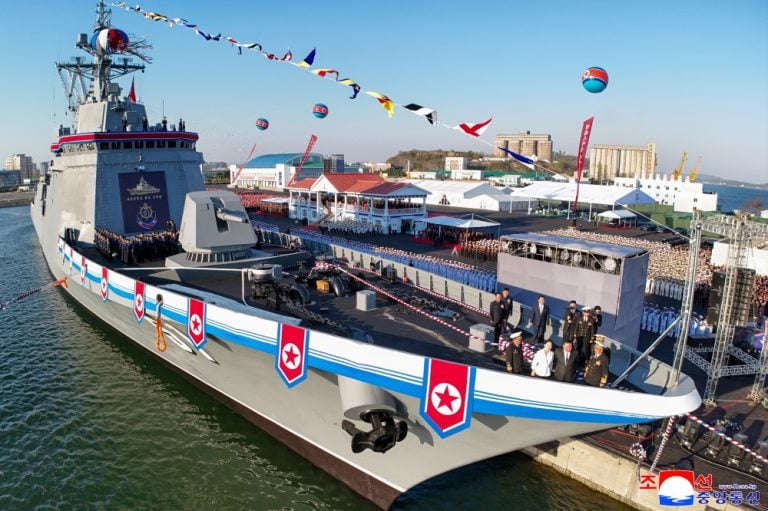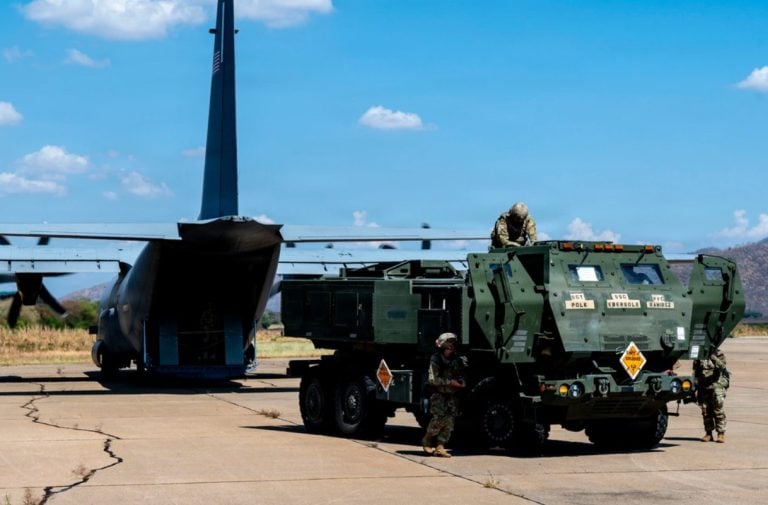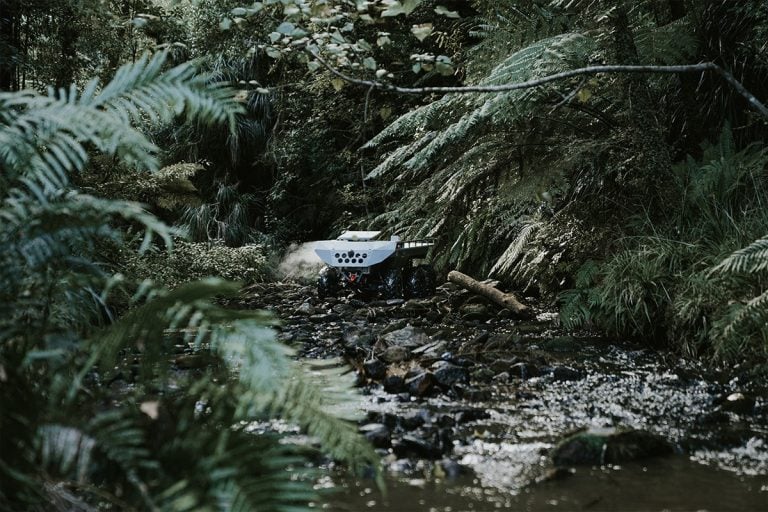Japan is set to transfer six decommissioned Abukuma-class destroyer escorts to the Philippines, a move reported by Reuters and expected to enhance the Philippine Navy’s capabilities. The vessels, part of the Japan Maritime Self-Defense Force for over three decades, will undergo an inspection by a delegation from the Philippine Navy in the coming months. The results of this inspection will play a crucial role in determining the future of the potential acquisition, ensuring it aligns with the Philippine Navy’s ongoing modernization efforts.
This initiative is being framed as a joint development project between Japan and the Philippines, aiming to navigate export restrictions imposed by Japan’s pacifist constitution. The Abukuma-class destroyers, each weighing about 2,000 tons and typically operated by a crew of around 120, come equipped with advanced military technology, including anti-submarine and anti-ship missiles, torpedoes, and naval guns.
Currently, the Philippine Navy relies on frigates and corvettes, which are comparatively smaller and less formidable than destroyers. This transfer marks a strategic expansion of the Philippine naval fleet, addressing regional security concerns and enhancing defense capabilities.
The timing of this initiative underscores a growing partnership between Japan and the Philippines amid escalating tensions with China in both the East and South China Seas. In July of the previous year, the Philippine Senate cleared a significant defense pact with Japan, which allows for troop deployments in each country’s territory for training and joint operations. This pact aims to bolster military cooperation, with both nations increasingly aligning with the United States in efforts to counter China’s expanding influence in the Indo-Pacific region.
Highlighting this commitment to enhancing security partnerships, leaders from Japan, the Philippines, and the United States convened for their first trilateral summit in June 2024 in Washington. The discussions in this summit focused on fostering military cooperation and strengthening alliances to navigate the complexities of regional security challenges.







